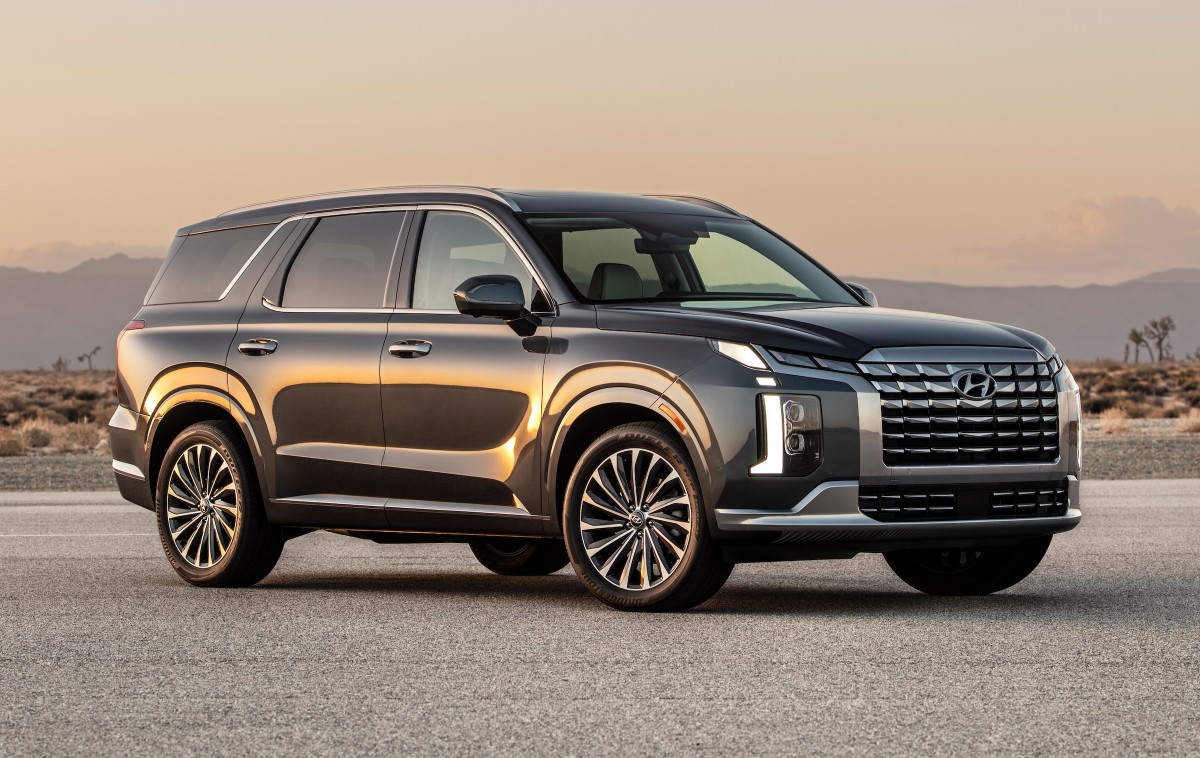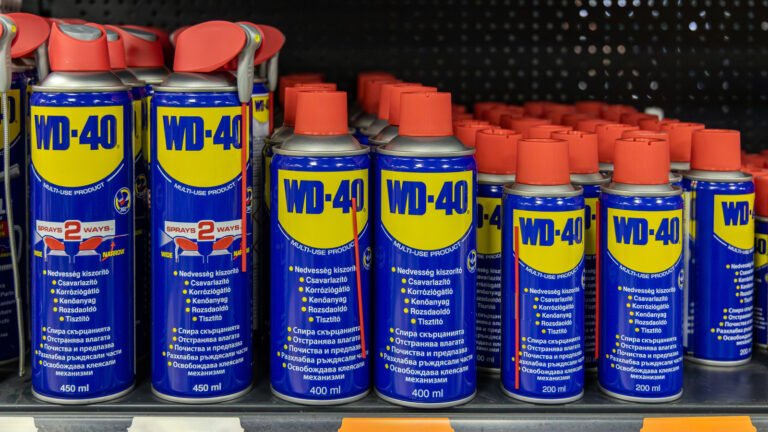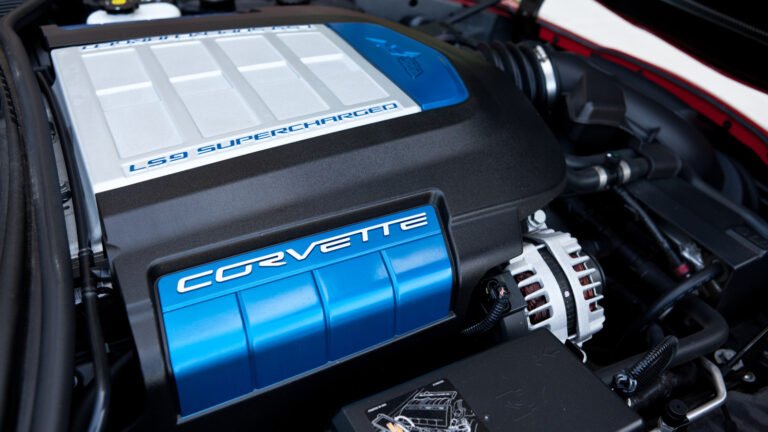More Engine Woes For Hyundai
One of the absolute worst things that can happen to any car owner is complete engine failure, especially one that isn’t your fault. No amount of troubleshooting or ‘elbow grease’ can get you out of it; once the engine is dead, well, it’s dead.
This may be the case for a certain engine from Hyundai. A class action lawsuit has been filed, Car Complaints reports, claiming a defect in the 3.3L Lambda II gasoline direct injection (GDI) engine – a power plant used by the previous-generation Hyundai Santa Fe and Kia Sorento.
The suit states that this particular engine “suffers from abnormal and premature wearing, loosening, and fractured rotating assemblies and internal components.” This can cause loose metal debris to mix with the engine oil, wreaking havoc throughout the engine’s internals.
Hyundai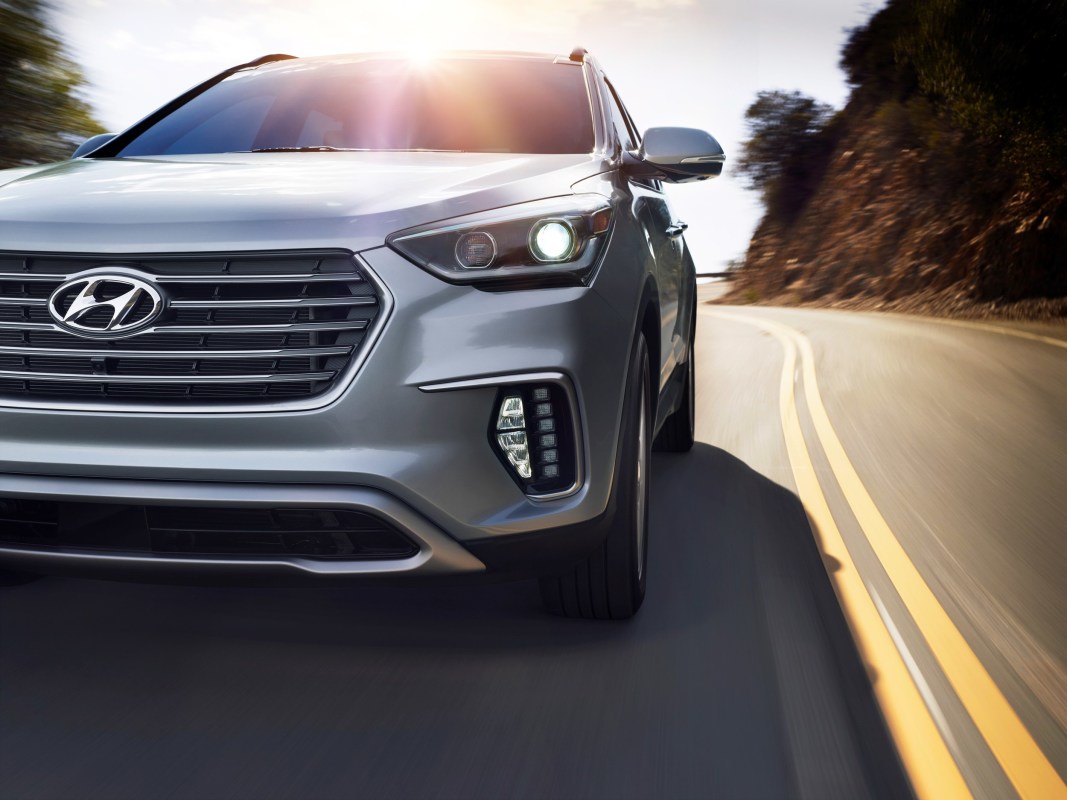
Request Denied
To gain an understanding of the timeline of events, let’s look back at the event that led to the lawsuit.
In November 2024, a petition was filed for the National Highway Traffic Safety Administration (NHTSA) to investigate 2017 Hyundai Santa Fe units equipped with the Lambda II engine.
The petition was denied, with regulators claiming that “Hyundai has extended the limited engine warranty for 2013-2019 Santa Fe vehicles equipped with 3.3L V-shaped Lambda II engines included in the Petition. The updated coverage is 15 years, or 150,000 miles and details are contained in Technical Service Bulletin 24-EM-003H.”
The NHTSA also stated that the complaint rate for the engine in question was low and that most of the problematic engines had higher mileage.
Hyundai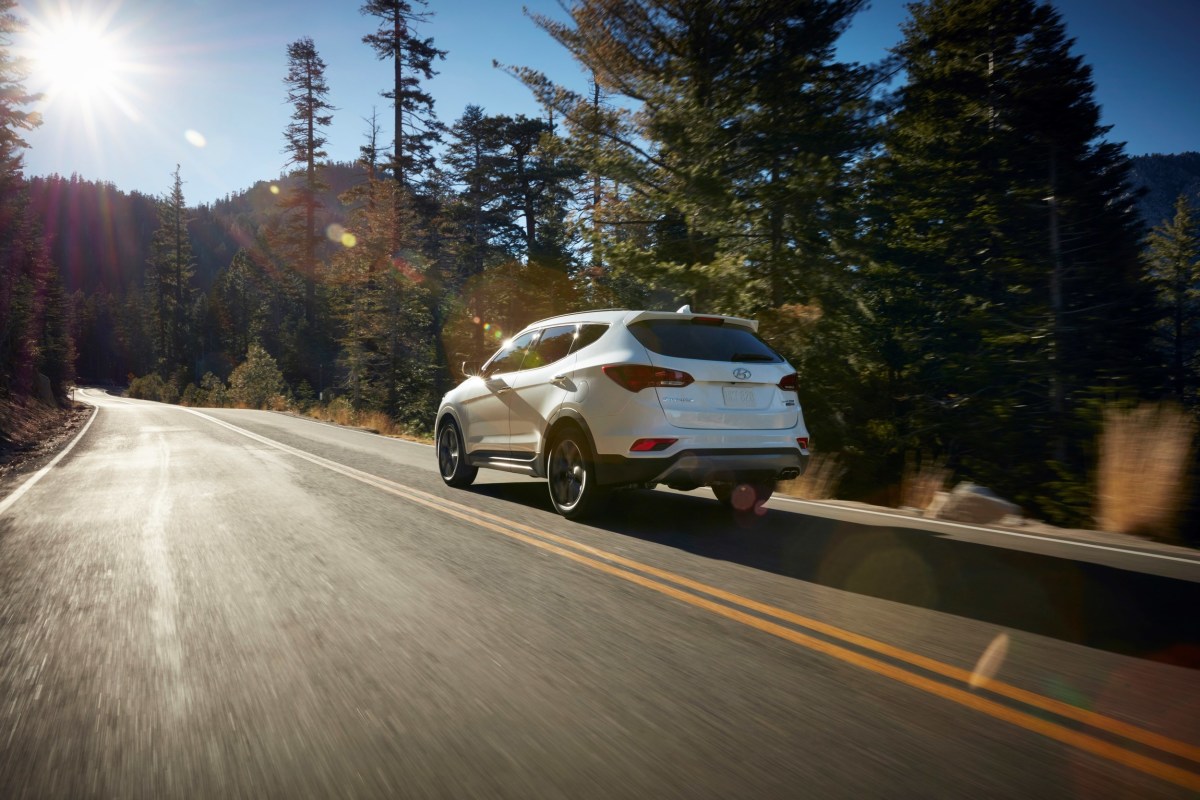
Low Mileage and Dealer Issues
This brings us back to the class action lawsuit filed by Jason and Allison Burns. According to the suit, they purchased a 2018 Hyundai Santa Fe with the 3.3-liter Lambda II GDI engine from a prior owners with only 17,350 miles on the odometer.
The class action lawsuit directly challenges the high-mileage claim by the NHTSA, citing the Burns’ engine’s failure at just 79,966 miles. The issue prompted the owners to visit the dealership to have the engine replaced or repaired under warranty.
However, the dealership refused to make repairs, according to the lawsuit:
“Nevertheless, for six months, Hyundai and its dealership intentionally and fraudulently concealed from Plaintiffs the very existence of the Extended Warranty. Such concealment allowed Hyundai to evade its expensive ‘Extended Warranty’ obligations to Plaintiffs, and allowed the dealership to: (a) purchase Plaintiffs’ broken vehicle from them for pennies on the dollar; and (b) sell Plaintiffs’ a newer, replacement vehicle on purely false pretenses.”
Both Plaintiffs claim they only found out about the extended warranty in January 2025. This was after they had already sold the Santa Fe (with the broken engine) and purchased a new vehicle “under false pretenses,” leading them to file the suit.
Hyundai
A Pattern?
Hyundai has had its fair share of engine issues over the recent past. In 2017, class action lawsuits were also filed, alleging that models equipped with Theta II GDI engines were defective and prone to failure, and in some cases, catch fire. The suit was settled in 2021 and further in 2023, including a wider range of engines.
More recently, another lawsuit was filed on May 9, claiming that “problematic anti-lock braking or traction control systems on certain Palisades lead to increased stopping distances.”
Hyundai